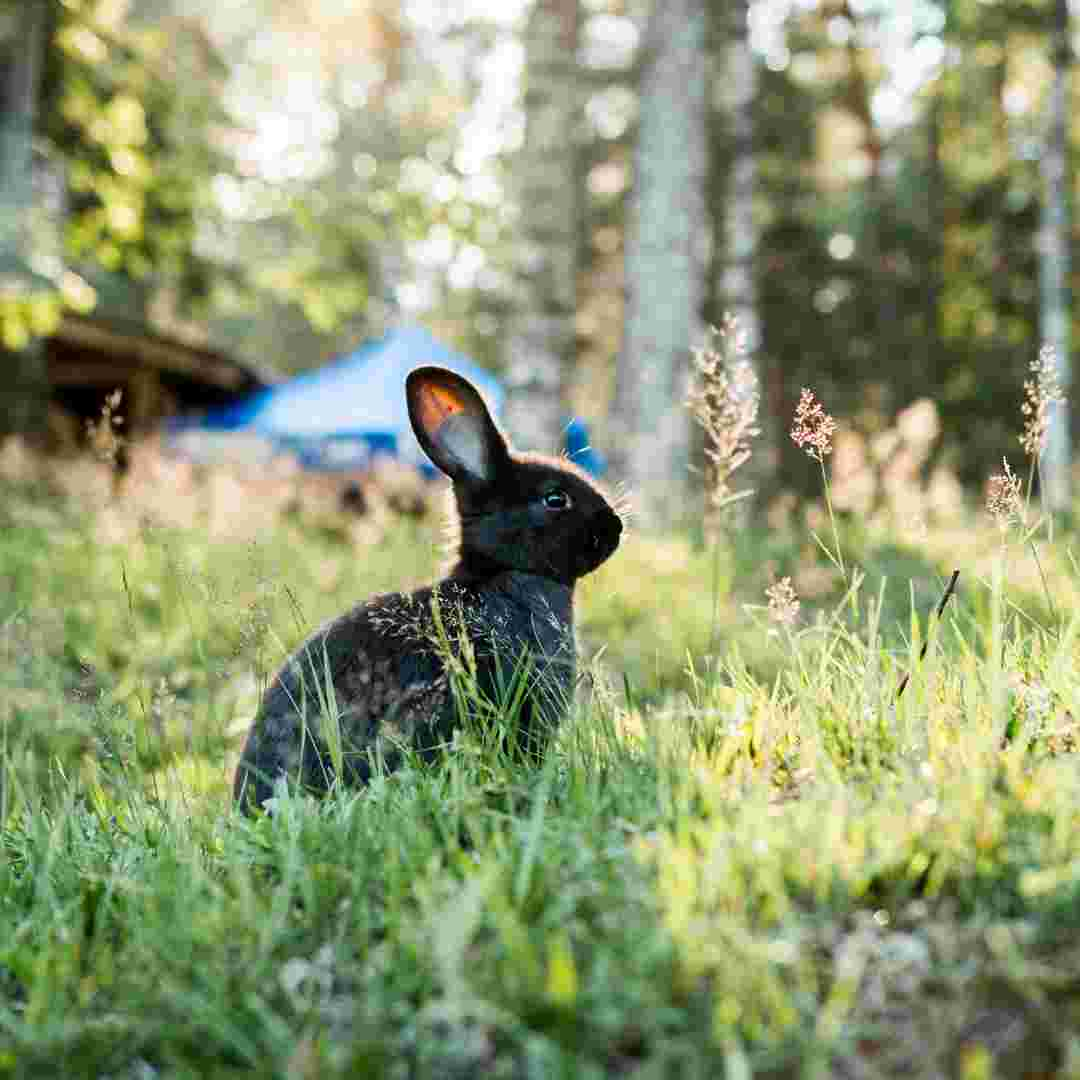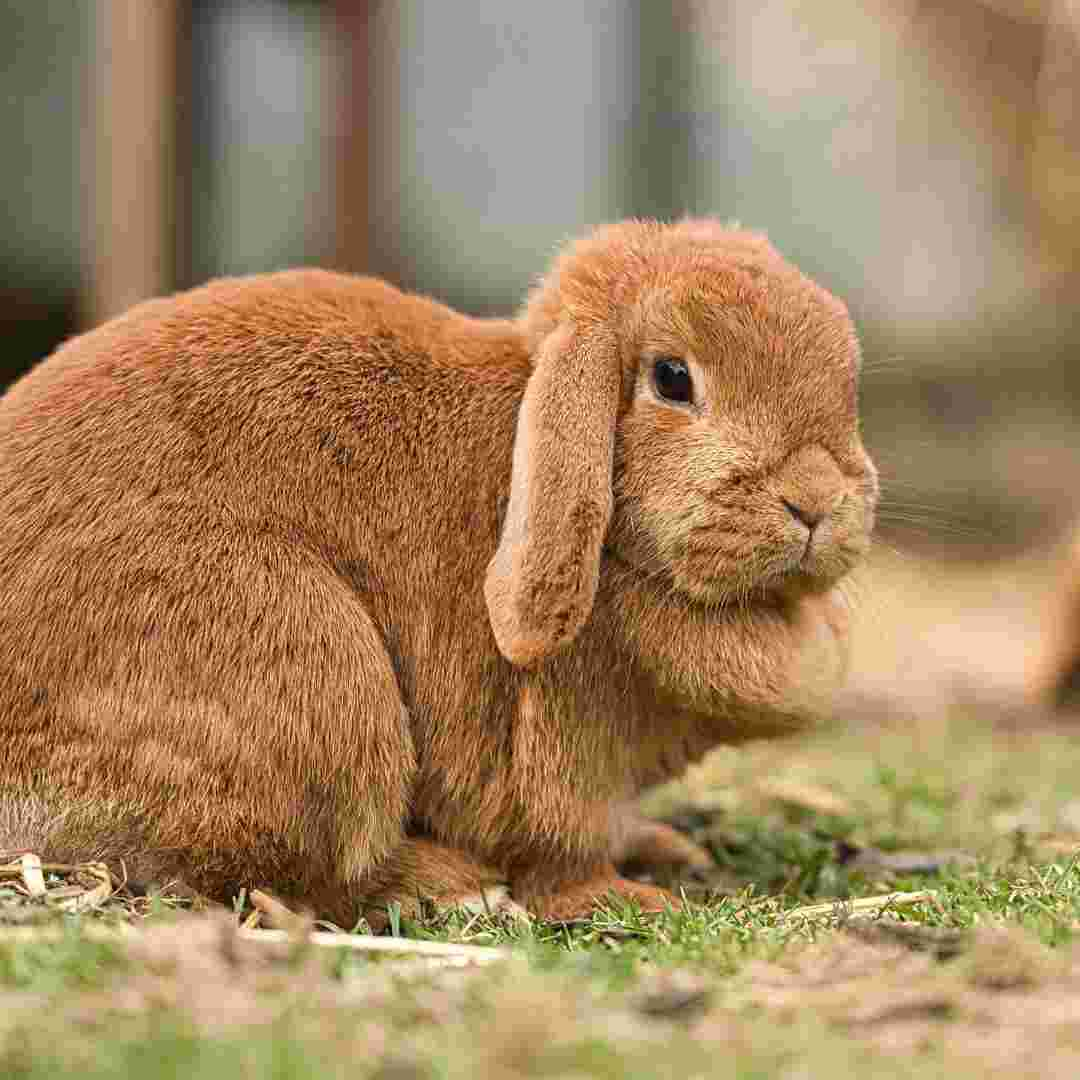Contents Table
Introduction
How Do Rabbits Get Pneumonia?
What are rabbit pneumonia symptoms?
How to prevent rabbit pneumonia?
What are rabbit pneumonia treatments?
In rabbits, what are the long-term effects of pneumonia?
Q&A
Conclusion
Introduction
Although beloved pets, rabbits can carry diseases that are harmful to people. Rabbits can spread pneumonia, a deadly disease. Lung infections like pneumonia can cause severe respiratory problems and mortality. In this article, we'll examine rabbit pneumonia hazards, transmission, and how to protect yourself and your family.
How Do Rabbits Get Pneumonia?
Rabbits can get pneumonia in many ways. Contact with an infected animal or contaminated goods is the most likely cause. Inhaled germs or viruses can also induce rabbit pneumonia. Stress, malnutrition, and other health concerns can damage rabbits' immune systems, causing pneumonia. To prevent pneumonia, rabbits need a clean, stress-free environment and a balanced food.
What are rabbit pneumonia symptoms?
Rabbits can get pneumonia. It is caused by bacteria, viruses, and fungi and can be lethal if untreated. Rabbit pneumonia symptoms include difficulty breathing, coughing, sneezing, nasal discharge, lack of appetite, tiredness, and fever. If oxygen deprivation is severe, the rabbit may have trouble standing or walking and have bluish skin. Immediately take your rabbit to the vet if you suspect pneumonia. Antibiotics, hydration, and support may be given.
How to prevent rabbit pneumonia?
Rabbits can die from untreated pneumonia. There are ways to prevent this illness, though.
Clean and healthy living conditions are essential for rabbits. This requires frequent cage cleaning and bedding changes. The rabbit also needs clean water at all times.
Second, provide your rabbit a balanced diet. Hay, fresh veggies, and a few pellets are needed. Avoid overfeeding your rabbit treats, which can cause obesity and pneumonia.
Third, give your bunny ample exercise. Give your rabbit lots of room to run and play. You may also give your rabbit toys to keep them occupied.
Finally, your rabbit needs frequent vet visits. This lets the vet monitor your rabbit's health and spot problems early. The vet can also vaccinate your rabbit against pneumonia.
These steps can help prevent rabbit pneumonia. If your rabbit appears to have pneumonia, get veterinary attention immediately.
What are rabbit pneumonia treatments?
If you suspect your rabbit has pneumonia, take it to the vet immediately. Rabbit pneumonia treatment usually includes supportive care, antibiotics, and other drugs.
Supportive therapy for rabbit pneumonia may include oxygen, fluids, and nourishment. Oxygen treatment can lower pneumonia severity by increasing blood oxygen levels. Fluids help rabbits stay hydrated and eliminate pollutants. Rabbits with pneumonia may lack energy to eat, thus nutrition is crucial.
Antibiotics are routinely administered for rabbit bacterial pneumonia. These drugs can lower infection severity and avoid consequences. Sometimes antiviral medicines are used for viral pneumonia.
Rabbit pneumonia treatments include antibiotics, supportive care, and other drugs. Anti-inflammatory, bronchodilator, and mucolytic medicines may reduce lung inflammation, open airways, and thin mucus.
Treating rabbit pneumonia requires following your vet's advice. Supportive care at home may include oxygen, fluids, and medication administration. The majority of rabbits with pneumonia recover with treatment.
In rabbits, what are the long-term effects of pneumonia?
Rabbits of all ages can get pneumonia. It is caused by bacteria, viruses, and fungi and can be lethal if untreated. Long-term effects of pneumonia in rabbits depend on severity and treatment speed.
The rabbit may recover without long-term consequences in mild circumstances. The rabbit may have chronic respiratory issues like wheezing, coughing, and difficulties breathing in severe cases. These symptoms can be treated with medicine but may last months or years.
Lung damage from pneumonia can occur over time. This injury might impair the rabbit's immune system, leaving it more susceptible to diseases. It can induce persistent lung scarring, reducing lung function and oxygen absorption.
Finally, pneumonia can damage organs long-term. The infection might harm the liver and kidneys permanently. This may lower the rabbit's health and quality of life.
If you suspect rabbit pneumonia, get veterinary attention immediately. Early diagnosis and treatment lessen long-term risks and improve recovery.

Q&A
1. Can rabbits catch pneumonia?
Rabbits can suffer pneumonia. Bacteria, viruses, fungi, and parasites can cause this dangerous respiratory infection.
2. What are rabbit pneumonia symptoms?
Rabbit pneumonia symptoms include difficulty breathing, coughing, sneezing, nasal discharge, loss of appetite, tiredness, and weight loss.
3. How is rabbit pneumonia treated?
Antibiotics, anti-inflammatories, fluids, and diet are used to treat rabbit pneumonia.
4. How can I keep my rabbit from getting pneumonia?
Create a clean, healthy environment, limit stress, and vaccinate your rabbit to prevent pneumonia.
5. Is rabbit pneumonia contagious?
Rabbit pneumonia is contagious and can be disseminated by contaminated fluids or an infected environment.
Conclusion
Finally, rabbits can cause pneumonia in people, albeit rarely. Rabbit touch or droppings are the most prevalent way people get pneumonia. Handle rabbits with care and get medical help if pneumonia symptoms appear.
